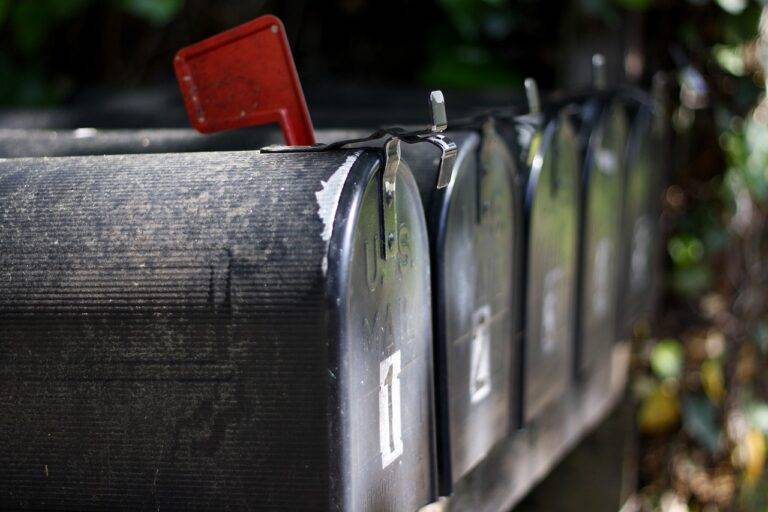The Benefits of Installing a Rain Barrel System: Harvesting Rainwater for Garden Use
Rainwater harvesting is a simple yet effective way to reduce water consumption in your garden. By installing a rain barrel or a larger rainwater collection system, you can capture rainwater from your roof and gutters during rainy seasons. This collected water can then be used to water your plants, reducing your reliance on municipal water sources and lowering your water bills.
Utilizing rainwater in your garden also brings environmental benefits by conserving water resources and reducing runoff that can carry pollutants into waterways. Additionally, rainwater is free from the chemicals and salts often found in tap water, making it a healthier option for your plants. Incorporating rainwater harvesting into your gardening practices is a sustainable and practical way to care for your garden while minimizing your environmental impact.
Reducing Water Bills and Environmental Impact
Gardening can be a fulfilling and rewarding hobby, but it can also come with its fair share of expenses, particularly in water usage. By incorporating rainwater collection systems into your gardening routine, you can significantly reduce your reliance on municipal water sources. This not only saves you money on your water bills but also helps to lessen the environmental impact of excessive water consumption.
In addition to the financial benefits, utilizing rainwater for your garden is a sustainable practice that aligns with eco-friendly gardening principles. By capturing and utilizing rainwater, you are reducing the strain on local water supplies and promoting conservation efforts. This simple yet effective technique not only benefits your garden but also contributes to broader efforts to promote sustainability and reduce environmental degradation.
Rainwater collection systems can help reduce reliance on municipal water sources
Saves money on water bills
Lessens environmental impact of excessive water consumption
Utilizing rainwater for gardening aligns with eco-friendly principles
Reduces strain on local water supplies
Promotes conservation efforts and sustainability
By incorporating rainwater collection systems into your gardening routine, you can not only save money but also contribute to a healthier environment. This simple practice is a win-win solution for both your wallet and the planet.
Promoting Sustainable Gardening Practices
One effective way to promote sustainable gardening practices is by utilizing rainwater for your garden. By collecting and storing rainwater in barrels or tanks, gardeners can reduce their reliance on municipal water sources. This not only helps to conserve water but also reduces the strain on local water supplies, especially during dry seasons.
In addition to rainwater harvesting, another sustainable gardening practice is composting. Instead of throwing away organic waste like kitchen scraps and yard trimmings, gardeners can compost these materials to create nutrient-rich soil amendments. This not only reduces the amount of waste that ends up in landfills but also provides a natural and cost-effective way to fertilize garden beds and promote healthy plant growth.
How can I collect and utilize rainwater for my garden?
You can set up a rain barrel system to collect rainwater from your roof, which can then be used to water your garden.
How can sustainable gardening practices help reduce water bills and environmental impact?
By utilizing rainwater and practicing water conservation methods, you can reduce the amount of water you use from municipal sources, leading to lower water bills and less strain on the environment.
What are some ways to promote sustainable gardening practices?
Some ways to promote sustainable gardening practices include composting, using native plants, reducing chemical pesticide and fertilizer use, and implementing water-saving techniques like drip irrigation.
Is sustainable gardening difficult to implement?
Sustainable gardening practices can be easily implemented with some planning and effort. Start small by making simple changes, such as using rainwater or composting, and gradually incorporate more sustainable practices into your gardening routine.







